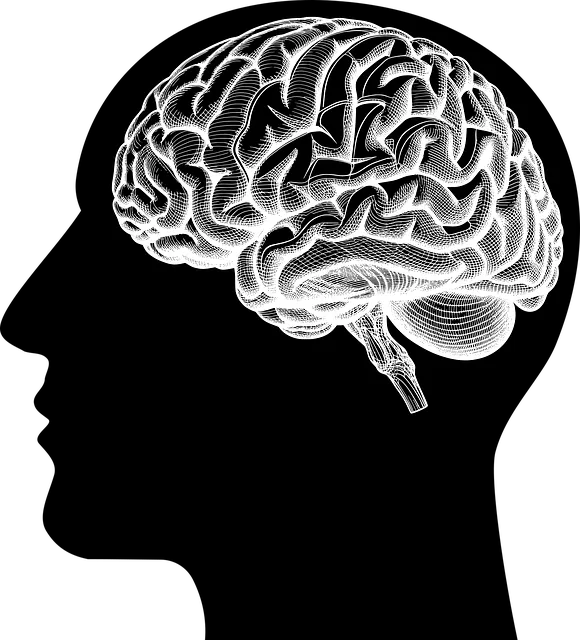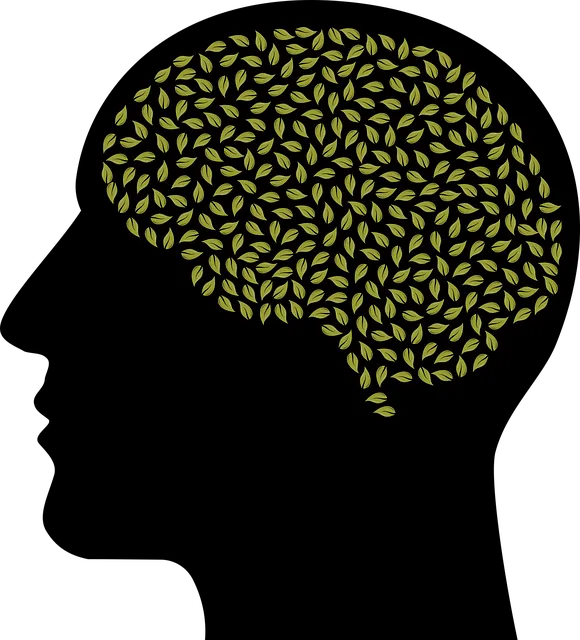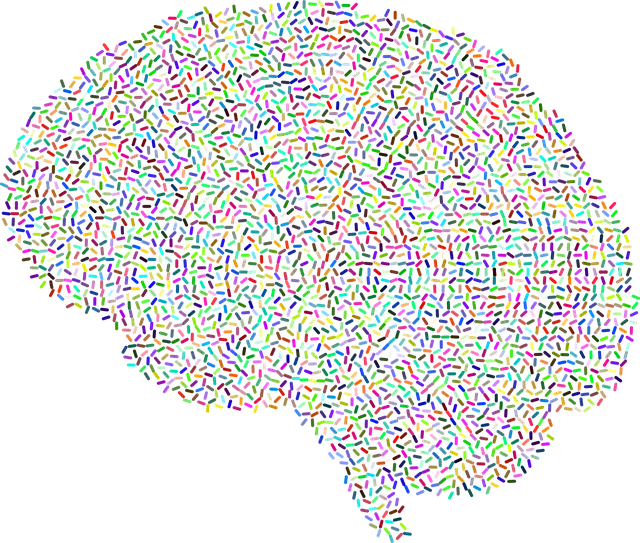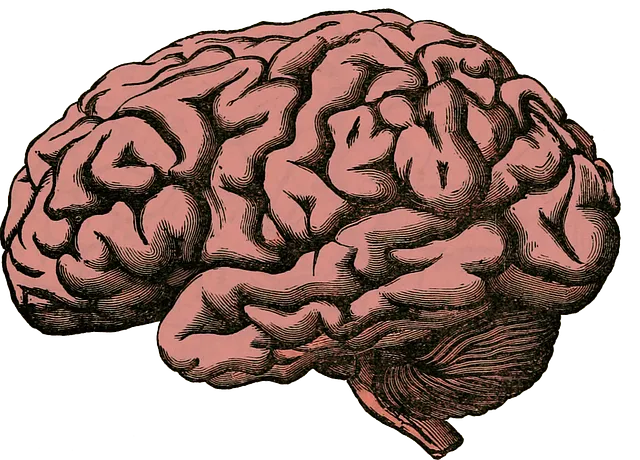The Kaiser Permanente mental health center in Westminster faces diagnostic challenges, particularly with co-occurring disorders. They're addressing this through evidence-based practices, advanced assessment techniques, and digital tools like AI-driven apps and VR simulations. Interdisciplinary teams and Continuous Quality Improvement (CQI) initiatives enhance holistic patient care, improving diagnosis accuracy and outcomes. Stigma reduction efforts create a supportive environment for open mental health conversations. These strategies aim to provide precise diagnoses and personalized treatment plans for all patients.
Mental illness diagnosis accuracy is a critical aspect of patient care, and continuous improvement efforts are essential at healthcare providers like Kaiser Permanente Mental Health Center Westminster. This article explores five strategic initiatives aimed at enhancing diagnostic precision, based on real-world challenges encountered at the center. We delve into understanding diagnostic gaps, improving clinician training, integrating digital tools, fostering collaborative practices, and implementing continuous quality improvement processes, all geared towards ensuring more accurate and effective mental health care.
- Understanding the Challenge: Uncovering Diagnostic Gaps at Kaiser Permanente Mental Health Center Westminster
- Enhancing Training Programs: Equipping Clinicians with Advanced Skills for Accurate Diagnosis
- Integrating Innovative Technologies: Leveraging Digital Tools for Improved Assessment and Precision
- Encouraging Collaborative Practice: The Power of Interdisciplinary Teams in Achieving Higher Accuracy
- Continuous Quality Improvement: Implementing Feedback Loops to Refine Diagnostic Processes Over Time
Understanding the Challenge: Uncovering Diagnostic Gaps at Kaiser Permanente Mental Health Center Westminster

At Kaiser Permanente Mental Health Center Westminster, efforts to improve diagnostic accuracy highlight a pressing challenge within the mental health sector. Despite advancements in research and growing awareness, misdiagnoses remain prevalent, impacting patient care and treatment outcomes. A thorough examination of this issue is essential for enhancing the reliability of mental health assessments.
The center’s experience underscores the complexity of accurate diagnosis, especially when considering diverse patient populations and co-occurring disorders. Mental Health Policy Analysis and Advocacy play a pivotal role in addressing these gaps by advocating for evidence-based practices and improved training for healthcare professionals. Moreover, fostering Mental Health Awareness through educational initiatives can empower both patients and providers, leading to earlier interventions and more effective support for those seeking help. Encouraging open conversations about mental health struggles and promoting Self-Esteem Improvement can significantly contribute to accurate diagnosis and successful treatment journeys.
Enhancing Training Programs: Equipping Clinicians with Advanced Skills for Accurate Diagnosis

At the Kaiser Permanente mental health center Westminster, efforts are being made to significantly enhance training programs for clinicians. The goal is to equip them with advanced skills and knowledge that can lead to more accurate mental illness diagnoses. These programs focus on improving clinical assessment techniques, integrating innovative tools, and fostering an environment of continuous learning. By boosting the confidence of healthcare professionals through comprehensive training, the center aims to reduce errors in diagnosis and enhance patient care.
In addition to these initiatives, the Kaiser Permanente Westminster is also actively involved in Mental Wellness Coaching Programs Development and Mental Illness Stigma Reduction Efforts. These programs not only contribute to a more supportive and inclusive environment for patients but also empower clinicians with effective communication strategies. Through these multifaceted approaches, the center strives to ensure that individuals seeking mental health services receive accurate diagnoses and personalized treatment plans tailored to their unique needs, ultimately promoting overall mental wellness.
Integrating Innovative Technologies: Leveraging Digital Tools for Improved Assessment and Precision

The digital age offers unprecedented opportunities for enhancing mental health assessment and diagnosis at places like the Kaiser Permanente mental health center Westminster. Innovative technologies, such as telemedicine platforms and AI-driven diagnostic tools, are revolutionizing the way professionals evaluate patient conditions. By utilizing these advanced resources, healthcare providers can gain deeper insights into patients’ symptoms and behaviors, leading to more accurate diagnoses.
For instance, digital journaling applications equipped with artificial intelligence algorithms can assist individuals in tracking their emotions, thoughts, and activities, providing valuable data for mental wellness assessments. Similarly, virtual reality simulations offer immersive experiences that help professionals assess reactionary behaviors in controlled settings, benefiting from the precision of measurable data. These tools not only improve diagnosis accuracy but also empower patients by offering them accessible self-esteem improvement exercises and anxiety relief guidance through interactive digital platforms.
Encouraging Collaborative Practice: The Power of Interdisciplinary Teams in Achieving Higher Accuracy

At Kaiser Permanente mental health center Westminster, a key strategy for enhancing diagnosis accuracy involves fostering collaborative practice through interdisciplinary teams. By bringing together professionals from diverse backgrounds—including psychiatrists, psychologists, social workers, and nurses—these teams offer a holistic approach to patient care. This collaborative environment encourages open communication and knowledge sharing, leading to more nuanced understandings of complex mental health conditions.
Interdisciplinary collaboration facilitates the integration of various expertise, ensuring that each patient receives comprehensive assessment and treatment planning. For instance, while psychiatrists may excel in prescribing medications for Mood Management, psychologists can delve into evidence-based therapy options, social workers provide crucial support for self-care practices, and nurses offer ongoing monitoring and patient education. By combining these strengths, the team achieves higher diagnosis accuracy and develops tailored interventions that address the multifaceted needs of individuals navigating mental health challenges.
Continuous Quality Improvement: Implementing Feedback Loops to Refine Diagnostic Processes Over Time

At the Kaiser Permanente mental health center Westminster, a key strategy for enhancing diagnosis accuracy involves Continuous Quality Improvement (CQI). This approach leverages structured feedback loops to iteratively refine diagnostic processes over time. By collecting and analyzing data from various sources—patient outcomes, clinical staff observations, and patient feedback—the center can identify areas for improvement and implement targeted changes.
This iterative process encourages a culture of learning and adaptation. For instance, integrating Stress Reduction Methods and Coping Skills Development programs has shown promising results in enhancing patient engagement and diagnostic clarity. Additionally, ongoing Mental Illness Stigma Reduction Efforts ensure that both patients and clinicians feel supported, fostering an environment where mental health discussions are open and accurate. These efforts collectively contribute to the center’s commitment to providing more precise and effective diagnoses for all individuals seeking mental health care.
The pursuit of enhancing mental illness diagnosis accuracy at the Kaiser Permanente Mental Health Center Westminster is a multifaceted endeavor. By understanding the inherent challenges, equipping clinicians with advanced training, integrating innovative technologies, fostering collaborative practices, and implementing continuous quality improvement strategies, we can strive for greater precision in diagnoses. These efforts not only benefit individual patients but also contribute to the overall improvement of mental health care at Kaiser Permanente and beyond.






